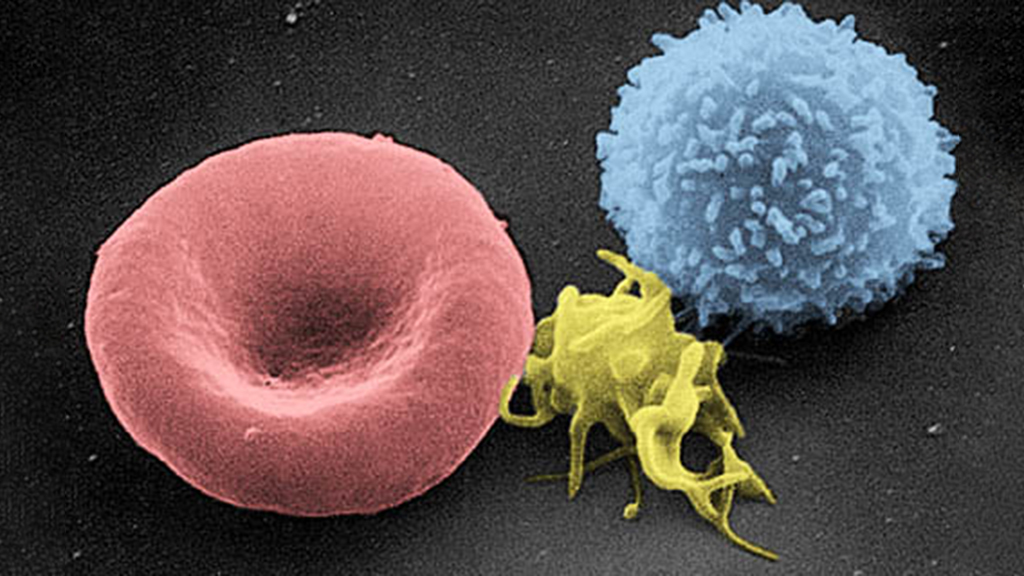Abstract
In this clicker case, two teenagers are diagnosed with Acute Lymphoblastic Leukemia (ALL), a cancer of the bone marrow where there is an abnormal overproduction of lymphocyte precursors. The girls' reactions to treatment are very different, however, due to genetic differences that alter the metabolism of the chemotherapeutic agent. This specific example of pharmacogenetics, how genetic testing can be used to treat ALL, is later expanded to consider the wider area of pharmacogenomics, where genome-wide testing can provide information about the most appropriate treatment for individuals based on their genetic profile. This clicker adaptation is based on "Pharmacogenetics: Using Genetics to Treat Disease" by Jeanne Ting Chowning, published as part of the case collection of the National Center for Case Study Teaching in Science in 2010. It has been reformatted as a PowerPoint lecture with multiple choice questions (clicker questions) embedded in the lecture to reinforce important concepts. The case is appropriate for a large enrollment course in a human anatomy and physiology or an upper-level physiology course; it can also be used in molecular biology, genetics, pre-pharmacy, or pharmacology courses.



